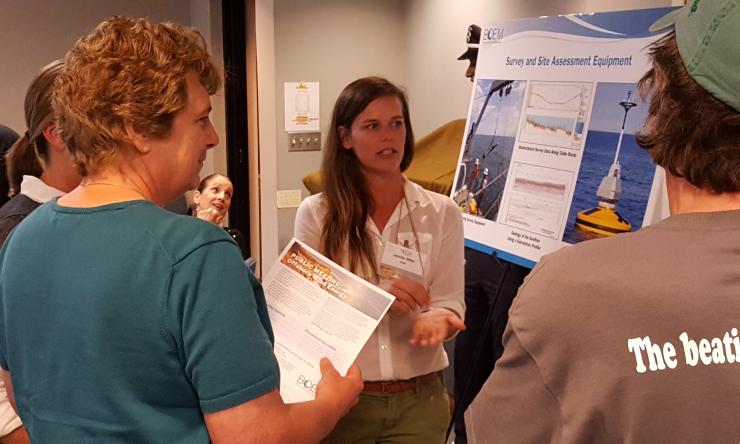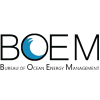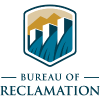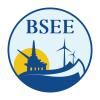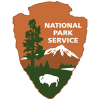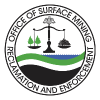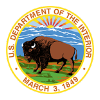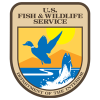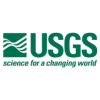Geology
Position Overview
Geologists help the Department of Interior (DOI) interpret and forecast volcanic eruptions to better understand and predict the timing and impact of volcanic hazards. Others carry out geologic field work on earthquakes to inform active fault studies. And still others use their geologic expertise to evaluate applications to conduct drilling, resource leasing, and minerals exploration on public lands. The work performed by DOI geologists can vary greatly across positions and locations.
This position is represented at the following bureaus
Candidate Description
The ideal candidate is someone who can learn, understand, explain and use in depth knowledge of geology and related specialized areas such as minerals management or seismology to identify and analyze problems, and make logical decisions and develop solutions. A strong ability to establish effective working relationships with stakeholders and leverage partnerships to achieve collaborative solutions and resolve complex problems is essential.
Work Environment
Geologists primarily spend time in office settings with occasional work in the field (sometimes in mines, construction sites, or other remote areas).
Minimum Education Requirements
Please see the Individual Occupation Requirements and the Professional and Scientific Positions Group Qualification Standard on the OPM websites.
Career Level Requirements
Responsibilities by Level
Entry: Managing databases; Collecting, analyzing and evaluating geologic data; Reviewing drilling applications or mineral explorations proposals
Mid: Preparing geologic reports; Presenting technical information and answering stakeholder questions; Conducting surface and subsurface field investigations
Journey: Providing expert testimony on minerals deposits; Negotiating agreements with various stakeholders; Providing technical guidance to regional geologists; Leading teams carrying out geologic investigation projects
Senior: Conceiving, planning and executing complex programs; Managing a large technical organization; Formulating national policies
Strengths by Level
-
AccountabilityHolds self and others accountable for measurable high-quality, timely, and cost-effective results. Determines objectives, sets priorities, and delegates work. Accepts responsibility for mistakes. Complies with established control systems and rules.Show Tool TipEntry 5-7Mid 9-11Journey 12-13Senior 14-15
-
Attention to DetailIs thorough when performing work and conscientious about attending to detail.Show Tool TipEntry 5-7Mid 9-11Journey 12-13Senior 14-15
-
ComplianceKnowledge of procedures for assessing, evaluating, and monitoring programs or projects for compliance with Federal laws, regulations, and guidance.Show Tool TipEntry 5-7Mid 9-11Journey 12-13Senior 14-15
-
Creative ThinkingUses imagination to develop new insights into situations and applies innovative solutions to problems; designs new methods where established methods and procedures are inapplicable or are unavailable.Show Tool TipEntry 5-7Mid 9-11Journey 12-13Senior 14-15
-
Customer ServiceWorks with clients and customers (that is, any individuals who use or receive the services or products that your work unit produces, including the general public, individuals who work in the agency, other agencies, or organizations outside the Government) to assess their needs, provide information or assistance, resolve their problems, or satisfy their expectations; knows about available products and services; is committed to providing quality products and services.Show Tool TipEntry 5-7Mid 9-11Journey 12-13Senior 14-15
-
Data InterpretationSkill in collecting, analyzing, and interpreting data and policies, to determine actions and develop and propose guidance.Show Tool TipEntry 5-7Mid 9-11Journey 12-13Senior 14-15
-
Data ManagementKnowledge of the principles, procedures, and tools of data management, such as modeling techniques, data backup, data recovery, data dictionaries, data warehousing, data mining, data archiving, data disposal, and data standardization processes.Show Tool TipEntry 5-7Mid 9-11Journey 12-13Senior 14-15
-
EntrepreneurshipPositions the organization for future success by identifying new opportunities; builds the organization by developing or improving products or services. Takes calculated risks to accomplish organizational objectives.Show Tool TipEntry 5-7Mid 9-11Journey 12-13Senior 14-15
-
FlexibilityIs open to change and new information; adapts behavior or work methods in response to new information, changing conditions, or unexpected obstacles; effectively deals with ambiguity.Show Tool TipEntry 5-7Mid 9-11Journey 12-13Senior 14-15
-
Geographical SciencesKnowledge of the concepts, principles, theories, and methods for describing the location and distribution of land, sea, and air masses, including their physical locations, relationships, characteristics, and what the land supports.Show Tool TipEntry 5-7Mid 9-11Journey 12-13Senior 14-15
-
GeologyKnowledge of the concepts, principles, and theories of the origins and structure of the earth, including the physical forces that have shaped it and its physical and organic history.Show Tool TipEntry 5-7Mid 9-11Journey 12-13Senior 14-15
-
GeophysicsKnowledge of the concepts, principles, and theories related to solid earth structure, global seismic patterns, lithosphere, atmosphere, and the behavior of the earth’s gravitational, magnetic, and electrical fields, and other forces affecting the earth and its environment.Show Tool TipEntry 5-7Mid 9-11Journey 12-13Senior 14-15
-
Geospatial Information SystemsKnowledge of and skill in manipulating computer systems designed for capturing, storing, analyzing, and displaying data related to positions on the surface of the earth and other planetary bodies in order to better understand spatial patterns and relationships.Show Tool TipEntry 5-7Mid 9-11Journey 12-13Senior 14-15
-
Integrity/HonestyContributes to maintaining the integrity of the organization; displays high standards of ethical conduct and understands the impact of violating these standards on an organization, self, and others; is trustworthy.Show Tool TipEntry 5-7Mid 9-11Journey 12-13Senior 14-15
-
Interpersonal SkillsTreats others with courtesy, sensitivity, and respect. Considers and responds appropriately to the needs and feelings of different people in different situations.Show Tool TipEntry 5-7Mid 9-11Journey 12-13Senior 14-15
-
Oral CommunicationExpresses information (for example, ideas or facts) to individuals or groups effectively, taking into account the audience and nature of the information (for example, technical, sensitive, controversial); makes clear and convincing oral presentations; listens to others, attends to nonverbal cues, and responds appropriately.Show Tool TipEntry 5-7Mid 9-11Journey 12-13Senior 14-15
-
Organizational AwarenessKnows the organization's mission and functions, and how its social, political, and technological systems work and operates effectively within them; this includes the programs, policies, procedures, rules, and regulations of the organization.Show Tool TipEntry 5-7Mid 9-11Journey 12-13Senior 14-15
-
Physical SciencesKnowledge of the concepts, principles, theories, and methods to investigate and apply the relations between space, time, matter, and energy in the areas of gravity, atomic principles, mechanics, heat, light, sound, electricity, magnetism, and related natural phenomena.Show Tool TipEntry 5-7Mid 9-11Journey 12-13Senior 14-15
-
Problem SolvingIdentifies problems; determines accuracy and relevance of information; uses sound judgment to generate and evaluate alternatives, and to make recommendations.Show Tool TipEntry 5-7Mid 9-11Journey 12-13Senior 14-15
-
Project ManagementKnowledge of the principles, methods, or tools for developing, scheduling, coordinating, and managing projects and resources, including monitoring and inspecting costs, work, and contractor performance.Show Tool TipEntry 5-7Mid 9-11Journey 12-13Senior 14-15
-
ReasoningIdentifies rules, principles, or relationships that explain facts, data, or other information; analyzes information and makes correct inferences or draws accurate conclusions.Show Tool TipEntry 5-7Mid 9-11Journey 12-13Senior 14-15
-
Research and StatisticsKnowledge of scientific principles, methods, and tools of basic and applied research (for example, statistics and data analysis) used to conduct a systematic inquiry into a subject matter area.Show Tool TipEntry 5-7Mid 9-11Journey 12-13Senior 14-15
-
TeamworkEncourages and facilitates cooperation, pride, trust, and group identity; fosters commitment and team spirit; works with others to achieve goals.Show Tool TipEntry 5-7Mid 9-11Journey 12-13Senior 14-15
-
Technical CompetenceUses knowledge that is acquired through formal training or extensive on-the-job experience to perform one's job; works with, understands, and evaluates technical information related to the job; advises others on technical issues.Show Tool TipEntry 5-7Mid 9-11Journey 12-13Senior 14-15
-
WritingRecognizes or uses correct English grammar, punctuation, and spelling; communicates information (for example, facts, ideas, or messages) in a succinct and organized manner; produces written information, which may include technical material, that is appropriate for the intended audience.Show Tool TipEntry 5-7Mid 9-11Journey 12-13Senior 14-15
Common Pathways
Candidates who made this career change most commonly held these occupations...
General Physical Science
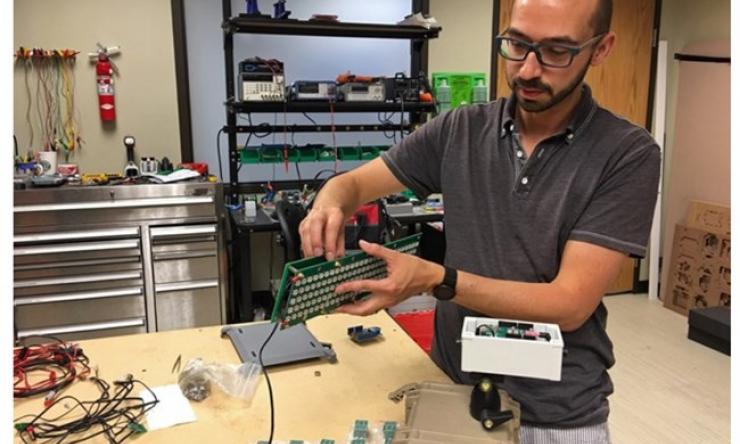
Natural Resources Management and Biological Sciences
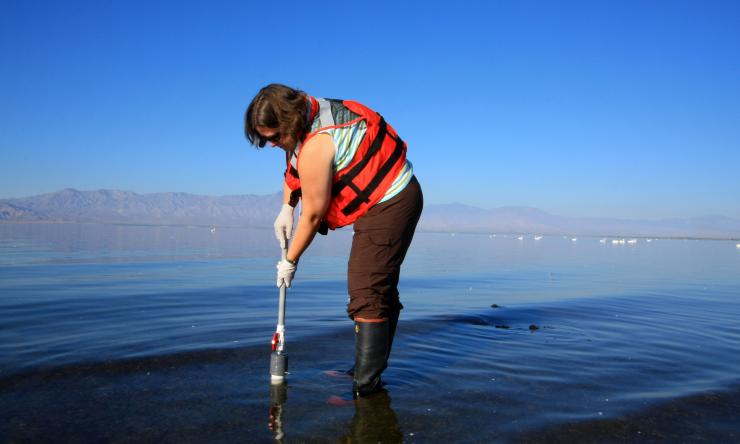
Geophysics
